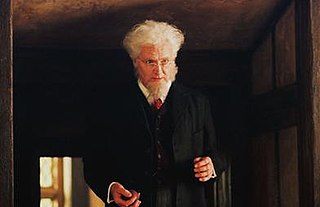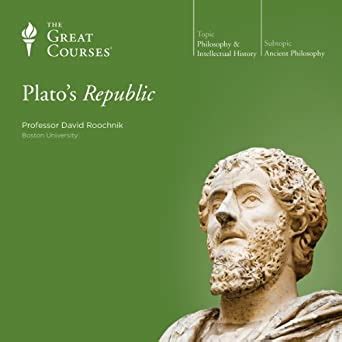A Quote by Digory Kirke
It's all in Plato, all in Plato: bless me, what do they teach them at those schools!
Related Quotes
Through Plato, Aristotle came to believe in God; but Plato never attempted to prove His reality. Aristotle had to do so. Plato contemplated Him; Aristotle produced arguments to demonstrate Him. Plato never defined Him; but Aristotle thought God through logically, and concluded with entire satisfaction to himself that He was the Unmoved Mover.
Ways of loving from a distance, mating without even touching-Amor platonicus! The ladder of love one is expected to climb higher and higher, elating the Self and the Other. Plato clearly regards any actual physical contact as corrupt and ignoble because he thinks the true goal of Eros is beauty. Is there no beauty in sex? Not according to Plato. He is after `more sublime pursuits.' But if you ask me, I think Plato's problem, like those of many others, was that he never got splendidly laid.
Socrates: Have you noticed on our journey how often the citizens of this new land remind each other it is a free country? Plato: I have, and think it odd they do this.Socrates: How so, Plato?Plato: It is like reminding a baker he is a baker, or a sculptor he is asculptor.Socrates: You mean to say if someone is convinced of their trade, they haveno need to be reminded.Plato: That is correct.Socrates: I agree. If these citizens were convinced of their freedom, they would not need reminders.
Plato assumes somehow that government is a way in which you put unselfish and ungreedy men in charge of selfish and greedy men. But government is an institution whereby the people who have the greatest drive to get power over their fellow men, get in a position of controlling them. Look at the record of government. Where are these philosopher kings that Plato supposedly was trying to develop?































